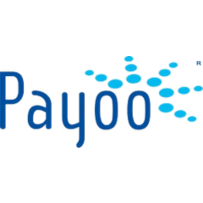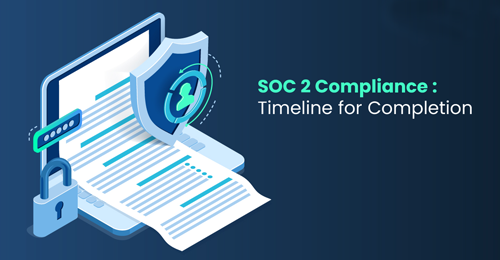The Different PCI SAQs And What They Mean For Your Business.
A payment card industry (PCI) self-assessment questionnaire (SAQ) is a document that allows businesses to evaluate their own compliance with the PCI Data Security Standard (DSS).
PCI DSS audit, or the Payment Card Industry Data Security Standard, is a set of requirements designed to protect credit and debit card information from being compromised by businesses. The PCI compliance Security Council issues these requirements to help organizations minimize their risk of data theft and financial fraud. All businesses that handle, transmit, or store payment card data must comply with the PCI DSS compliance services. Noncompliance can result in significant financial penalties.
Information Security Management System Certification Services accredited by IAF member accreditation board from Canada & United States.
Privacy Information Management System Certification Services accredited by the IAF member accreditation board from the United States.
Information Technology Service Management System accredited by IAF member accreditation board from the United States.
Business Continuity Management System accredited by IAF member accreditation board from the United States.
Risk Management System Compliance Certification
Supply Chain Security Management System Compliance Certification




"Accorp has helped us to become PCI compliant and to securely onboard and manage our customer's payment data. We're very happy with the service and would recommend them to anyone looking for a best-in-class payments solution."
"Accorp has been instrumental in helping us to secure our customer data and to PCI Compliance. Their ability to provide a complete solution for payment acceptance and movement providers has been key to our success."
"Accorp is the best PCI compliance provider I have worked with. They are always willing to help and are very knowledgeable about their products. Their customer data onboarding and management system is easy to use and helps keep our payments and customer data safe."
Protect your organization from cyber-attacks with ISO 27001 compliance. Safeguard revenue and business continuity against information security breaches.









Accorp Medical Services, a leading healthcare provider, recognized the critical importance of protecting patient health information to maintain trust and compliance with HIPAA regulations.
Accorp Partners initiated a comprehensive assessment, mapping the client's payment data environment against the 12 PCI DSS requirements.

In today's tech-driven landscape, businesses often rely on vendors for specialized tasks, like customer support or software development.

In today's tech-driven landscape, businesses often rely on vendors for specialized tasks, like customer support or software development.

In today's tech-driven landscape, businesses often rely on vendors for specialized tasks, like customer support or software development.
@2023 Accorp Partner INC. All rights reserved.